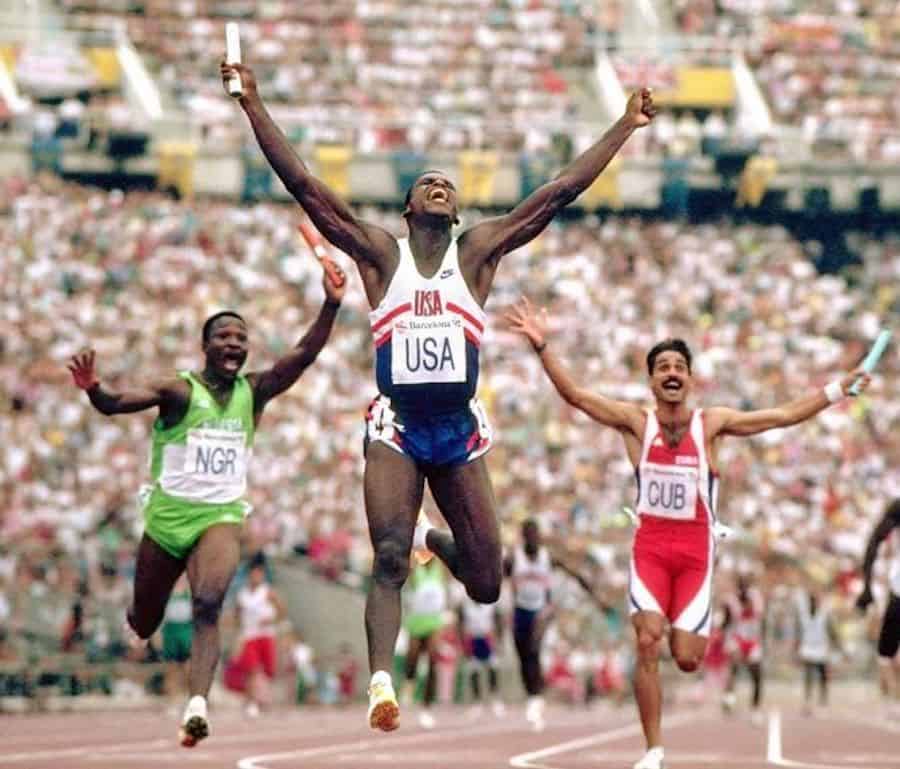Surprisingly, Carl Lewis—who is regarded as the greatest long jumper in history—has dismissed World Athletics’ plans to experiment with changes to the long jump event, calling them merely an “April Fools joke.” World Athletics is currently investigating the most significant overhaul of the long jump since it was one of the first events in the first modern Olympics in 1896. The new ‘take-off zone’ will be tested in place of the conventional fixed board as part of the planned modification.
This significant idea comes on the heels of concerns raised when 33 percent of jumps at last year’s World Championships resulted in fouls. In response, administrators are actively seeking ways to enhance the appeal and fan-friendliness of athletics. Jon Ridgeon, the chief executive of World Athletics, introduced the concept, emphasizing the necessity for the sport to evolve and stay relevant to younger audiences, echoing sentiments previously expressed by the organization’s president, Sebastian Coe.

While Coe’s earlier remarks were not specifically directed at the long jump, he has consistently advocated for the evolution of athletics in recent months. Lewis, a quadruple Olympic long jump champion and double World Championship gold medalist, took to the social media platform X to express his thoughts on the proposed change. “You’re supposed to wait until April 1st for April Fools jokes,” he humorously remarked. “It wouldn’t change the distances that much. You would just see more bad jumps measured.”
View this post on Instagram
If implemented, the suggested changes would effectively eliminate the possibility of fouls, with jumps measured from the competitor’s actual take-off point instead of a fixed universal start point. This alteration could also challenge the traditional understanding of the winner, as the athlete finishing furthest down the sand-pit would not necessarily claim victory. Organizers are also considering introducing a measuring device to provide instant results to fans.
These proposals are slated to undergo initial testing at low-level athletics meetings this year, with any potential introduction into elite competition not expected before the Paris Olympics this summer. The long jump, with its roots tracing back to the Ancient Olympics, has been a documented part of athletics since 708 BC, alongside javelin, discus, running, and wrestling.
In anticipation of potential criticism, Ridgeon acknowledged that changes in a sport established 150 years ago would naturally be met with controversy. He emphasized the exploration of various event organization methods, stating, “We really want to spend the next two years thoroughly working them through. This is not about next year but ensuring we have a sport that is fit for purpose for another 150 years.” Ridgeon assured skeptics that any introduced changes would undergo rigorous testing and would not be implemented hastily or without careful consideration.
